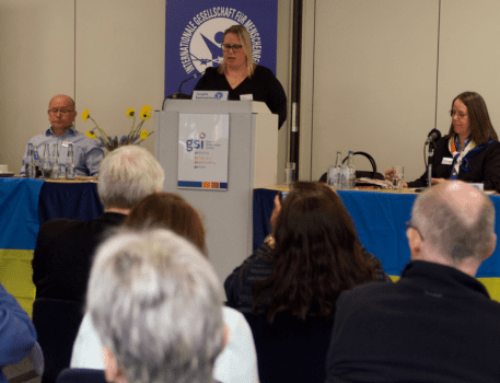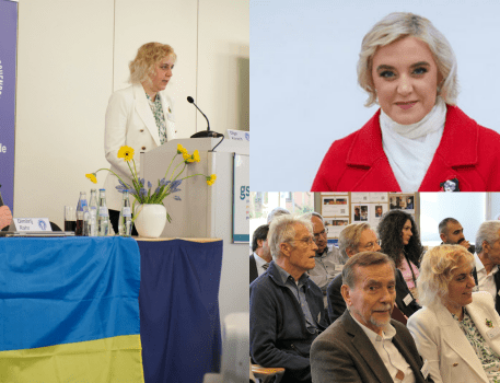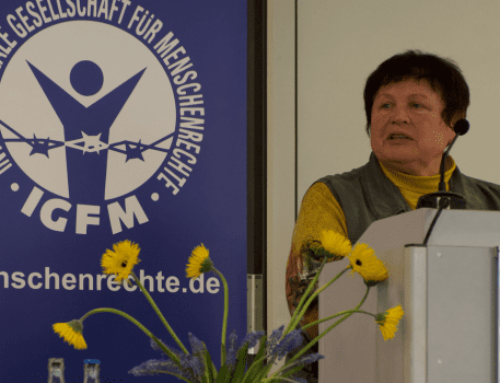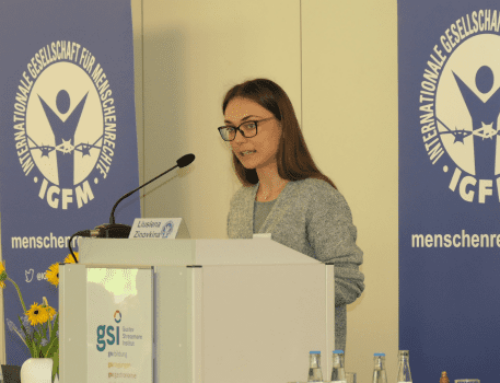Monitoring the hearings for the prosecution of Oleskii Andrei, Yuhas Ivan, Lungu Ionel, and Cuciurian Oleg held on the 17th of March 2021

The hearings concerning the prosecution of Oleskii Andrei, Yuhas Ivan, Lungu Ionel, and Cuciurian took place on the 17th of March 2021 at the Tribunal of first instance of Brussels (french speaking and criminal chamber n°54)).
The case concerned an alleged instance of a fight that escalated in a bar. Each suspect is incriminated as co-author under Articles 51 and 393 of the Belgian Criminal Code. The first provision criminalises the attempt to commit a crime and lays down the conditions thereof, whereas the latter one incriminates the voluntary homicide (also qualifiable as murder).
Alternatively, the accused are charged under Article 398 and 399 of the Belgian Criminal Code which, respectively, criminalises the conduct of willfully inflicting beatings or injuries to another individual, as well as established an aggravating circumstance for that offence the consequence that those beatings or injuries led to a personal incapacity for work for the victim.
It should be stressed out that all of the information exposed here was collected through in-person attendance at the hearings.
- Summary of the facts underlying the offence:
During the evening of 30th of November 2018, an argument between two groups in a bar lead to a general fight with one individual severity injured. The victim Zaidi Mohcine suffered from several bruises, 2 fractured ribs, as well as a pneumothorax. As a result, he received an incapacity certificate covering the period from the 1st of December to the 10th of December 2018.
The police arrived once the fight was already over and the victim laying down on the ground. Thus, the course of events relies exclusively on the witnesses’ testimonies. The four suspects were arrested to take their deposition and then released pending trial.
- Summary of the course of the hearing:
The president of the 54th chamber opened the hearing by recalling the general circumstances underlying the alleged offence. Then, he asked each accused to stand before the bench and react to the allegations. When the time came for Oleskii Andrei to speak, he was assisted by an interpreter translating to him the judge’s questions as well as his answers.
Following this phase, the prosecutor took the lead. Since all of the four suspects equally participated in the fight, she pleaded that she should concider the as co-authors of the crime. Her first submission was that the facts should be qualified as an attempt of murder. Relying on the gravity of the lesions suffered by the victim as well as their location on his body, she pleaded that the homicidal intent could be found on behalf of the accused. Alternatively, those facts would constitute at least an instance of wilful beatings aggravated by the temporary incapacity they caused to the victim. She concluded her pleading by requesting the bench to condemn each accused to irreducible prison sentences ranging from 7 years for Ivan, 5 years for Andrei, and 4 years for Ionel and Oleg. Afterwards, the victim’s lawyer was invited to react to those assertions and supported the conclusions made by the prosecution.
Then, the legal defenders were invited to respond to what has been said previously separately. While their arguments differ slightly, they all requested the testimony of Francis Odagui to be taken out of the case file since he was a friend of the victim (thus biased), took part in the fight, and was under influence at the moment where the offence occurred. The representative of Oleg concluded her pleading by requesting on behalf of her client since his involvement was corroborated inconsistently by the testimonies.
Before closing the session and taking the case under deliberations, the president allowed the suspects to react one last time.
- Case at stake and considerations related to the right to a fair hearing
No violations of the right to a fair hearing have been identified.
Nonetheless, it is interesting to note that this hearing was supposed to take place on the 9th of December 2020 but had to be postponed due to the non-availability of the interpreter. While this has caused a slight delay in the proceedings, it constitutes a good application of the safeguard laid down by Article 6§3 (e). Indeed, it is essential that the accused who doesn’t understand the proceedings’ language receives the free assistance of an interpreter. Therefore, the costs arising from this intervention must imperatively be borne by the State (as upheld in Luedicke, Belkacem, and Koc v. Germany, 28th of November 1978, §45).








Leave A Comment